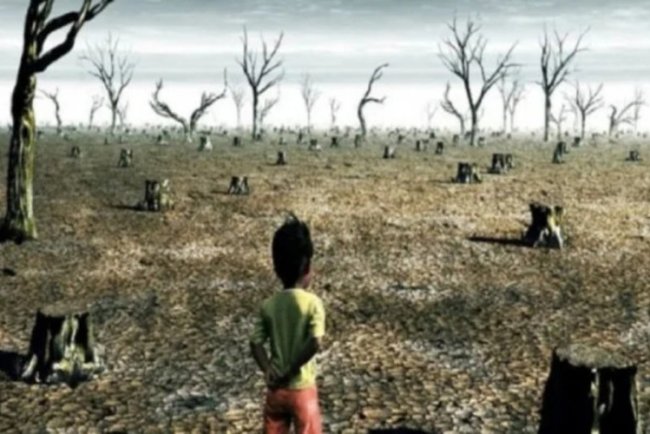Climate Change Beyond Environment: Meghalaya CM's Stark Warning

Meghalaya Readsies to Battle Climate Change Using Indigenous Knowledge and Green Culture
Meghalaya Chief Minister Conrad K. Sangma spoke to a forum during the Climate Investments Coalition for the Global South in New Delhi in the evening on the extent of the issue of climate change and how his state is fighting the same.
The CM also asserted that climate change is not only a threat to the environment but to justice and equity as well. He reminded us that injustice from the least responsible generators of global climate change would be the same individuals who would experience its brunt. He underlined the requirement to counterbalance such disparity in the global climate discourse.
Sangma explained how Meghalaya is meeting the international climate challenge using its heritage and centuries of experience as a part of the people's way of life through centuries. Meghalaya's indigenous people are naturally oriented and have been conserving based on centuries of experience, which is being pushed hard today to provide sustainable growth, the Chief Minister explained.
Meghalaya is already facing the effects of global warming, such as irregular monsoon behavior and abnormal weather patterns. The irregular rains have also affected agriculture, which has been affecting the livelihood of millions of individuals worldwide, including northeastern India. Sangma also added that the agricultural sector in the state is already being affected by shifting climate patterns.
The Chief Minister notified the assembly about such state-level initiatives to fight these issues. Climate action is given most priority by Meghalaya through mitigation action, i.e., forest protection and development of agriculture on an eco-friendly basis. From the state, special importance is being given to policy of forest protection, water body rejuvenation, and enhancement of conservation of catchment areas. The government attempts to encourage civic engagement in the likes of "Green Meghalaya" to enable forest conservation and environmental protection cooperation. Climate-resilient infrastructure, renewable power, and sustainable farming have also been heavily invested in by Meghalaya. All these are part of the state's overall fight against climate change while preserving the well-being of nature.
The north-east region of India that comprises Meghalaya is most susceptible to climatic problems due to its special topography.
The climate trend of a state extends to other states. A climate trend of the Arunachal Pradesh state will affect Assam, and a rise in the water level in the Brahmaputra River can lead to flooding in not only Assam but also in western parts of Meghalaya. Sangma advocated greater collaboration between the states in the northeastern region in light of such regional climatic stress and asked the states to cooperate in terms of providing information and resources to developing comparable strategies against mitigating the effect of climate. Also, Sangma spoke about the necessity of regional cooperation on platforms such as the Bay of Bengal Initiative for Multi-Sectoral Technical and Economic Cooperation (BIMSTEC), by which it would become feasible to unite the northeastern states with South and Southeast Asian nations. Such cooperation would assist in the exchange of climate resilience measures and assist in enhancing the fight against climate change.
One of the most important problems on which Sangma touched upon was the unseasonal outbreak of bud rot disease, which has struck areca nut plantations in Garo Hills and Western Khasi Hills districts of Meghalaya badly. The disease not only destroyed local farming but also made the call for sustainable agriculture and climate-resilient agro-systems a necessity.
The Global South Climate Investments Coalition (CICS) conference, which was convened by the Meghalaya government and National Law University of Meghalaya, promoted mobilization of climate finance and green investment facilitation at a faster pace. The South-South cooperation was promoted since the conference demonstrated how coordination between developing nations can maximize the payback of climate action.
Sangma also took time to highlight Meghalaya's climate-resilient model of sustainable development with focus on environmental conservation, people's participation, and long-term climate resilience. The state model is a model elsewhere that is being faced with the same problems generated by climate change.
Lastly, Meghalaya is not only moving at the local level to counteract climate change but also at the regional and international levels to construct more impactful regional and global coalitions to lead the struggle against this international force of change. Through organic farming, indigenous wisdom, and climate-resilient infrastructure, Meghalaya is emerging as a force to be reckoned with as a global agitator against climate change.
What's Your Reaction?

















